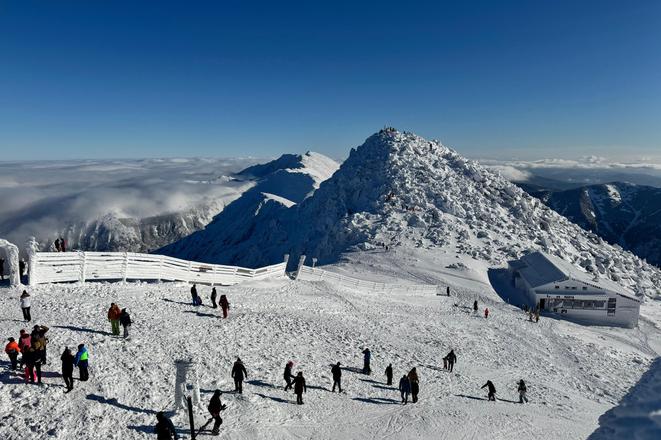In December 2020, Slovakia was under a strict lockdown due to the Covid-19 pandemic, but the ski lifts in the Donovaly ski resort were going up and down. "I don't care what any infectologist or expert says," the resort's operator, Boris Kollár, said back then, who coincidentally was also the speaker of parliament at the time.
Two years later, the chair of the Sme Rodina party pushed for a reduction in VAT from 20 percent to 10 percent for ski lifts, although originally the tax was supposed to decrease only for catering services.
Kollár's party is no longer in the government, or parliament for that matter; it would seem that the ski lift or cable car lobby is no longer as successful as in the past.
The approved consolidation package of the fourth Robert Fico (Smer) government included ski lifts in the increased 23 percent VAT, although the rate for gastronomy and accommodation, on the contrary, fell to five percent.
Higher VAT is one of ski lift operators' arguments for why they have to increase prices in the upcoming season. And even though the VAT is going to increase from January 1, 2025, the operators have done so already in December.
On the other hand, the higher VAT will probably not be reflected in prices everywhere, partly because the operators are limited by competition abroad, especially in Poland. For example, Miroslava Rybovičová from the marketing department of the Ski Tále resort in the Low Tatras mentioned a 5 percent price increase of ski passes.
For comparison, in Poland, VAT on ski lifts is eight percent, in the Czech Republic it is 12 percent and in Austria it is 10 percent.
In addition to the higher tax, the ski lift operators also cite higher energy and labour costs as the reasons for the price increase, as well as the upcoming transaction tax (which will only apply from April, when the winter season ends).
The increase in ski pass prices can also be seen as an effort to maintain or increase the profitability of operations. Last year, resorts made solid profits. Tatry Mountain Resorts (TMR), the leader in the business, recorded a profit of €2.7 million after tax with growing sales of over €135 million.
INDEX magazine investigated the ski passes and accommodation prices in the most popular ski resorts in the so-called golden week between Christmas and New Year's Eve.


 On Saturday, a new skiing season has been opened in the Jasná resort in the Low Tatras mountain range. (source: TASR)
On Saturday, a new skiing season has been opened in the Jasná resort in the Low Tatras mountain range. (source: TASR)